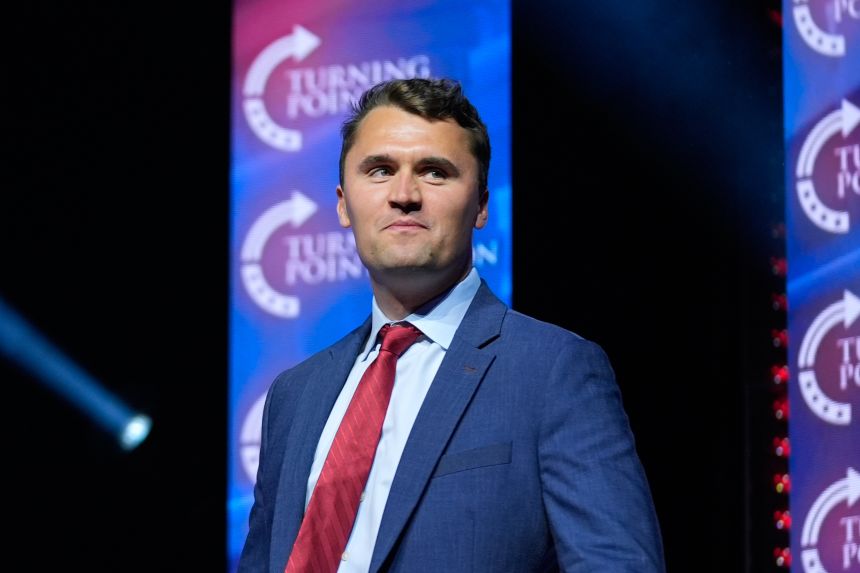The assassination of conservative activist Charlie Kirk has ignited a wave of reflection and debate among young Americans, many of whom were shaped by his polarizing presence in political discourse.

Kirk, 31, was fatally shot while speaking at Utah Valley University, a moment that has become a flashpoint in discussions about free speech, political violence, and generational identity.
Kirk’s supporters, particularly among conservative youth, remember him as a bold voice who championed Christian values, gun rights, and traditional family structures.
His critics, however, viewed him as a provocateur whose rhetoric marginalized LGBTQ+ communities and stoked division. Yet, in the wake of his death, voices from across the ideological spectrum have united in condemning the violence.
Influencer Dean Withers, known for debating Kirk publicly, expressed sorrow despite their ideological clashes.
“It should come as no shock that I think Charlie Kirk was a bad person,” he said, “but does that mean I think he deserves to lose his life? No.”
His sentiment was echoed by others who stressed that political violence undermines democratic engagement.
Kirk’s confrontational style was both his signature and his lightning rod. Sixteen-year-old Ellie from Brooklyn revisited his videos after his death, hoping to reassess her views.
“Nobody should be shot for saying their ideas,” she said, though she criticized his debate tactics as dismissive, especially toward women.
For some, Kirk’s influence was deeply personal. Florida-based influencer Savanna Stone credited him with giving her the courage to embrace her “tradwife” identity and speak openly about her conservative beliefs.
“Charlie Kirk made me think more critically about feminism,” she said.
Others, like Chandler Crump, a young Black conservative, praised Kirk for empowering youth across racial lines.
“He paid attention to us. That’s why young people listened to him,” Crump said, recalling his first encounter with Kirk at age 14.
Still, Kirk’s legacy remains contentious. His opposition to same-sex marriage and gender-affirming care drew sharp criticism from LGBTQ+ activists like Josh Helfgott, who called Kirk “the loudest homophobe in America.” Helfgott argued that Kirk’s rhetoric had real-world consequences for marginalized communities.
As vigils were held and tributes poured in, many young Americans grappled with the broader implications of Kirk’s death. University of Cambridge student Tilly Middlehurst, whose debate with Kirk went viral earlier this year, warned against normalizing violence.
“This isn’t fighting fascism,” she said. “This is not what politics should look like.”
